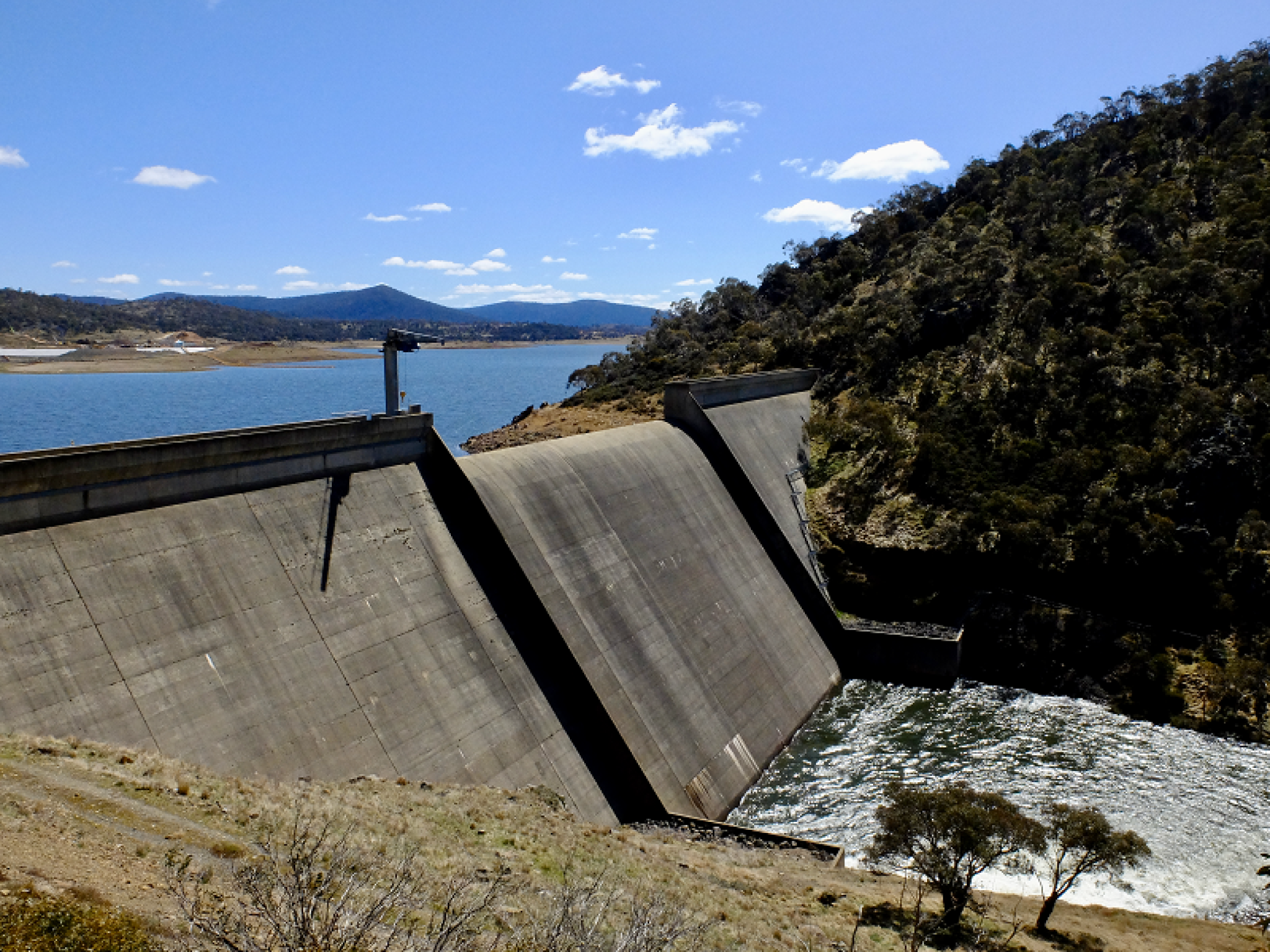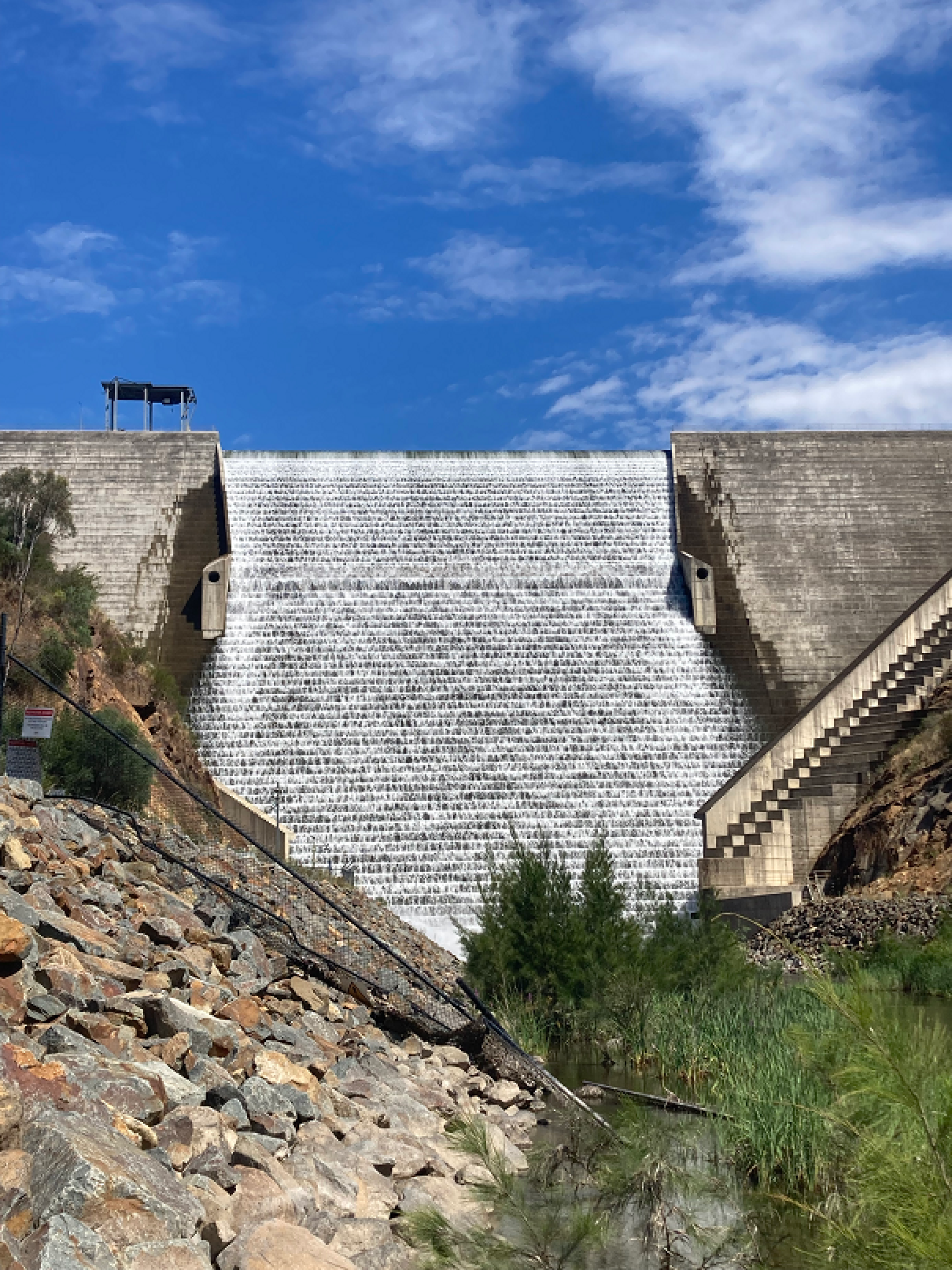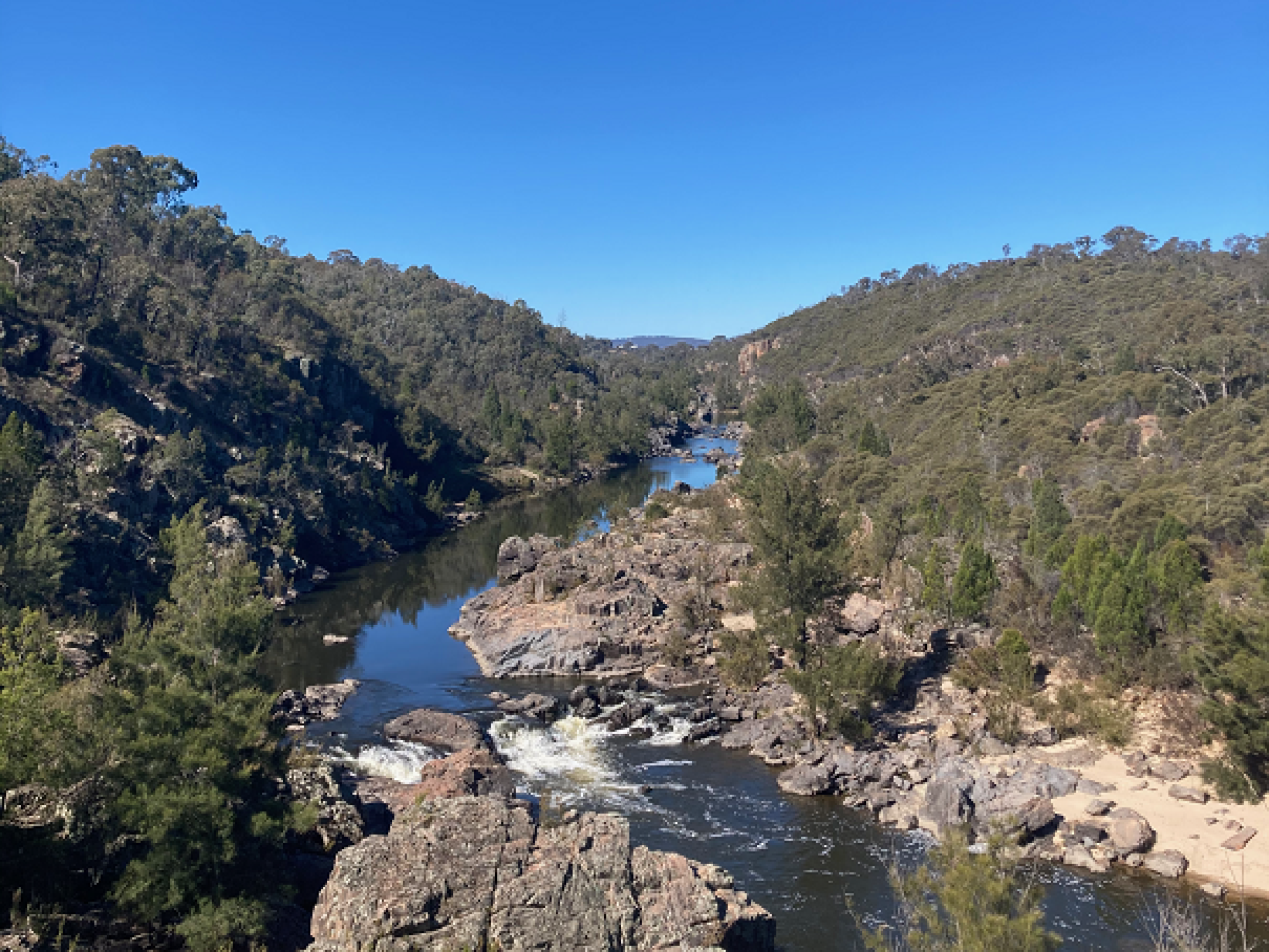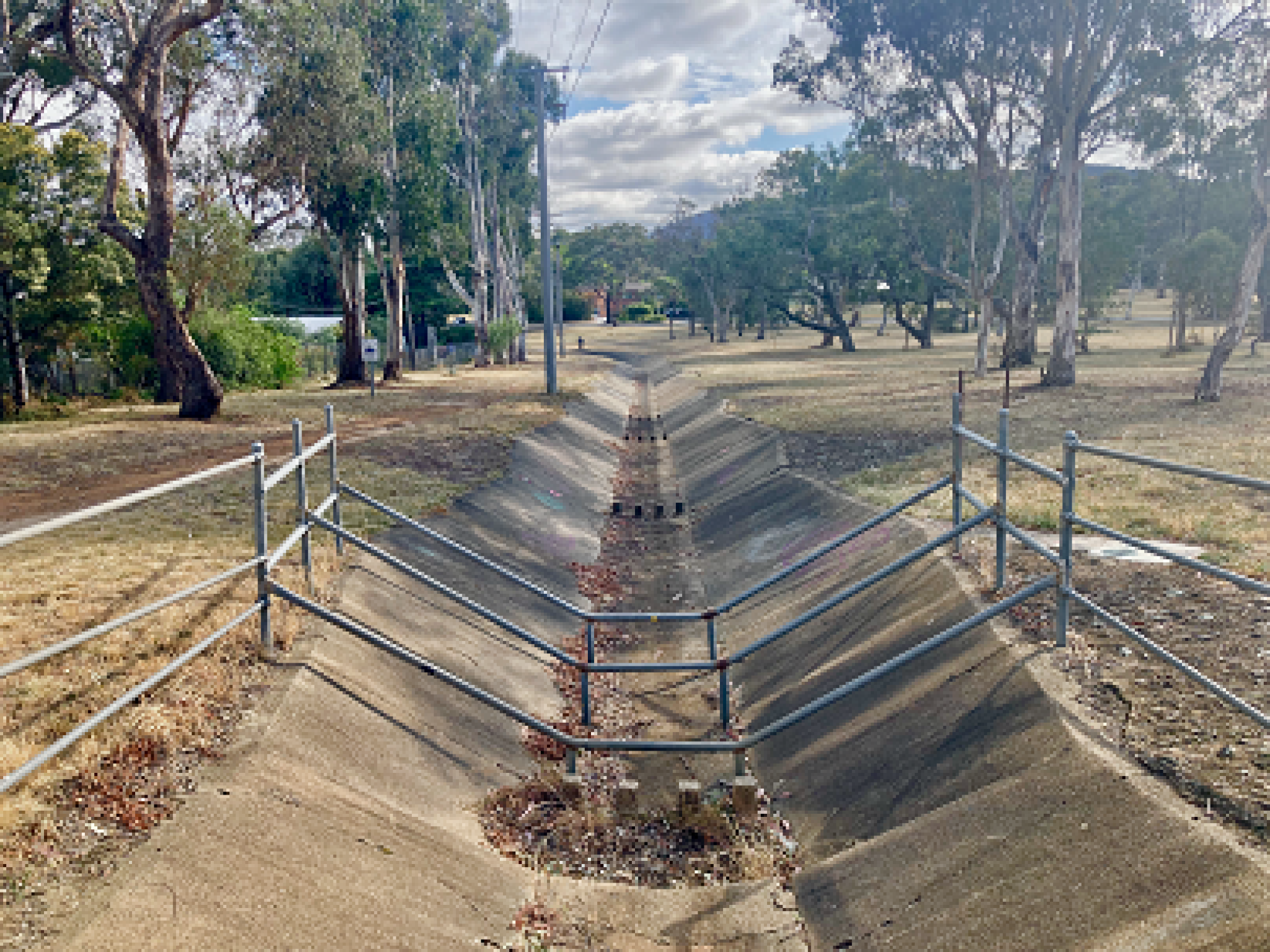CWEEP’s research is founded on 4 core principles:
-
Accountability – we are accountable to water systems where we work, including human and other-than-human entities
-
Respect and relationality – we respect the web of connected relationships that inform and are affected by our work
-
Integrity – we state the values that inform our research design, apply methods and report results objectively and transparently, and discuss findings with collaborators, participants, and end-users
-
Independence – we conduct independent research in the public interest
A central research focus is the interactions between “hard” (dams, pipelines), “green” (rivers, aquifers), and “soft” (policies, institutions) infrastructures that affect how water is shared between different users and uses. We learn and share knowledge to inform and enable positive social, environmental, and policy transformations.
In addition to economic and policy analysis, CWEEP draws on its research associates' expertise across institutional analysis, systems thinking, policy design and implementation, law, risk science, hydrology, geography, and ecology.

The economics of dam and reservoir reoperation
Read more
CWEEP research in this area examines institutional reforms that enable the reallocation of water from private beneficiaries, such as hydropower and irrigation companies, to deliver public benefits from environmental and cultural flows, urban water security, and flood management. We use hydro-economic modelling, cost-benefit analysis, and participatory methods to generate policy recommendations and inform dam reoperation projects.
- subtopics: hydropower regulation, environmental flows, cultural flows, multi-purpose reservoirs, dam removal.

Valuing and financing waterway and catchment restoration
Read more
CWEEP research in this area addresses economic and financial barriers to waterway restoration by undertaking valuation studies, designing financial instruments, and evaluating policy reforms.
- subtopics: non-market valuation, nature-based solutions, green finance.

Realising the human right to water
Read more
CWEEP's research under this theme identifies pathways to realising the multiple aspects of the human right to water, with a particular emphasis on high-income countries like Australia where major inequities exist in drinking water access. A key objective is to provide information and other resources that support households and communities to engage in dialogues with providers and government agencies on service improvements.
- subtopics: water quality, infrastructure, community-led research and decision-making.

Innovations in water pricing, markets and finance
Read more
This cross-cutting research theme examines the application of new models for water pricing, markets and finance across the three other CWEEP research focus areas, as well as the broader range of water challenges facing policy-makers, communities, and industries across the world.
- subtopics: dynamic water pricing, water market reform, environmental impact bonds.
Publications
This page provides a selection of publications that demonstrate the foundation for the centre's research themes. A complete list of Research Associates' research outputs can be accessed via links to their institutional profiles on the People page.
Selected journal articles (ordered by year)
2024
- Benefits, costs and enabling conditions to achieve ‘water for all’ in rural and remote Australia
2024 | Nature Water
CWEEP Authors: Peter Coombes, Paul Wyrwoll, James Horne, Safa Fanaian, Quentin Grafton
-
A tale of two rivers–Baaka and Martuwarra, Australia: Shared voices and art towards water justice
2024 | Anthropocene Review
CWEEP Authors: Quentin Grafton, Paul Wyrwoll
2023
- Goals, progress and priorities from Mar de Plata in 1977 to New York in 2023
2023 | Nature Water
CWEEP Authors: Quentin Grafton, Safa Fanaian
- The three-infrastructures framework and water risks in the Murray-Darling Basin, Australia
2023 | Australasian Journal of Water Resources
CWEEP Authors: Quentin Grafton, Paul Wyrwoll
Open access link
- Water clubs: A new model for managing freshwater in small catchments
2023 | Environmental Research Letters
CWEEP Authors: Julia Talbot-Jones
Open access link
- Cyber-physical systems in water management and governance
2023 | Current Opinion in Environmental Sustainability
CWEEP Authors: Katherine Daniell
Open access link
2022
- Measuring the gaps in drinking water quality and policy across regional and remote Australia
2022 | npj Clean Water
CWEEP Authors: Paul Wyrwoll, Quentin Grafton
Open access link
- Debunking Murray-Darling Basin water trade myths
2022 | Australian Journal of Agricultural and Resource Economics
CWEEP Authors: Sarah Wheeler
Open access link
- Resilience to hydrological droughts in the northern Murray-Darling Basin, Australia
2022 | Philosophical Transactions of the Royal Society A
CWEEP Authors: Quentin Grafton, Long Chu
Open access link
- Reforming for resilience: Delivering ‘multipurpose hydropower’ under water and energy risks
2022 | International Journal of Water Resources Development
CWEEP Authors: Paul Wyrwoll, Quentin Grafton
Open access link
2021
- Dynamic water pricing and the risk adjusted user cost (RAUC)
2021 | Water Resources and Economics
CWEEP Authors: Long Chu, Quentin Grafton
Open access link
2020
- Water demand reduction to help meet SDG 6: learning from major Australian cities
2020 | International Journal of Water Resources Development
CWEEP Authors: James Horne
Journal link
- The rebound effect on water extraction from subsidising irrigation infrastructure in Australia
2020 | Resources, Conservation and Recycling
CWEEP Authors: Sarah Wheeler, Quentin Grafton
Open access link
- The paradox of water pricing: dichotomies, dilemmas, and decisions
2020 | Oxford Review of Economic Policy
CWEEP Authors: Quentin Grafton, Long Chu, Paul Wyrwoll
Open access link
2019
- Realizing resilience for decision-making
2019 | Nature Sustainability
CWEEP Authors: Quentin Grafton, Long Chu, Sarah Wheeler, Paul Wyrwoll
Open access link
- Emerging water and carbon market opportunities for environmental water and climate regulation ecosystem service provision
2019 | Journal of Hydrology
CWEEP Authors: Jeff Connor, Sarah Wheeler
Open access link
- The Water Governance Reform Framework: Overview and applications to Australia, Mexico, Tanzania, U.S.A. and Vietnam
2019 | Water
CWEEP Authors: Quentin Grafton, Thang Nam Do
Open access link
2018
- The paradox of irrigation efficiency
2018 | Science
CWEEP Authors: Quentin Grafton, Sarah Wheeler
Open access link
- Decision-making for systemic water risks: Insights from a participatory risk assessment process in Vietnam
2018 | Earth's Future
CWEEP Authors: Paul Wyrwoll, Quentin Grafton, Katherine Daniell, Long Chu, Thang Nam Do
Open access link
- Resilience, decision-making, and environmental water releases
2018 | Earth's Future
CWEEP Authors: Long Chu, Quentin Grafton
Open access link
- Planning resilient water resources and communities: the need for a bottom-up systems approach
2018 | Australasian Journal of Water Resources
CWEEP Authors: Peter Coombes
Journal link
2016
- Resolving boundary conditions in economic analysis of distributed solutions for water cycle management
2016 | Australasian Journal of Water Resources
CWEEP Authors: Peter Coombes
Open access link
2015
- An ecological economic assessment of flow regimes in a hydropower dominated river basin: The case of the lower Zambezi River, Mozambique
2015 | Science of the Total Environment
CWEEP Authors: Safa Fanaian
Open access link
2014
- Politics of innovation in multi-level water governance systems
2014 | Journal of Hydrology
CWEEP Authors: Katherine Daniell, Peter Coombes
Journal link
- Volumetric water pricing, social surplus and supply augmentation
2014 | Water Resources and Economics
CWEEP Authors: Quentin Grafton, Long Chu
Journal link
2011
- Optimal dynamic water allocation: Irrigation extractions and environmental trade-offs in the Murray River, Australia
2011 | Water Resources Research
CWEEP Authors: Quentin Grafton, Long Chu
Open access link



